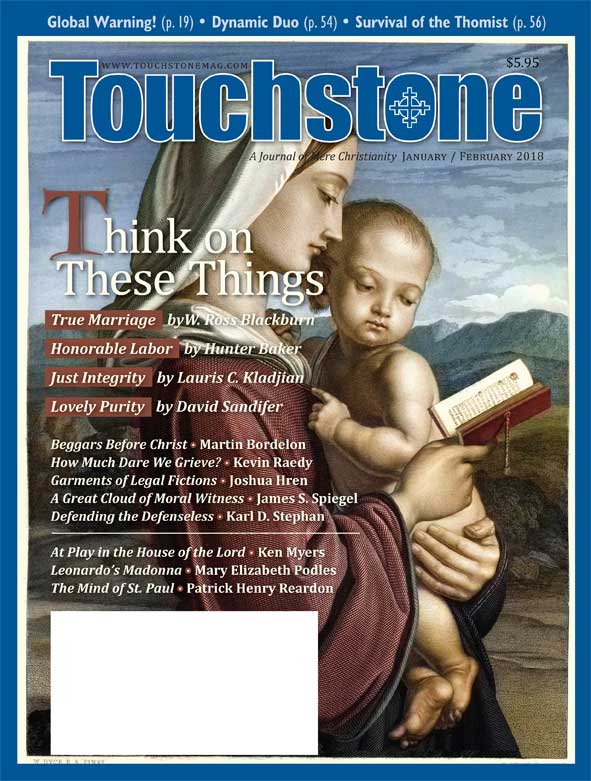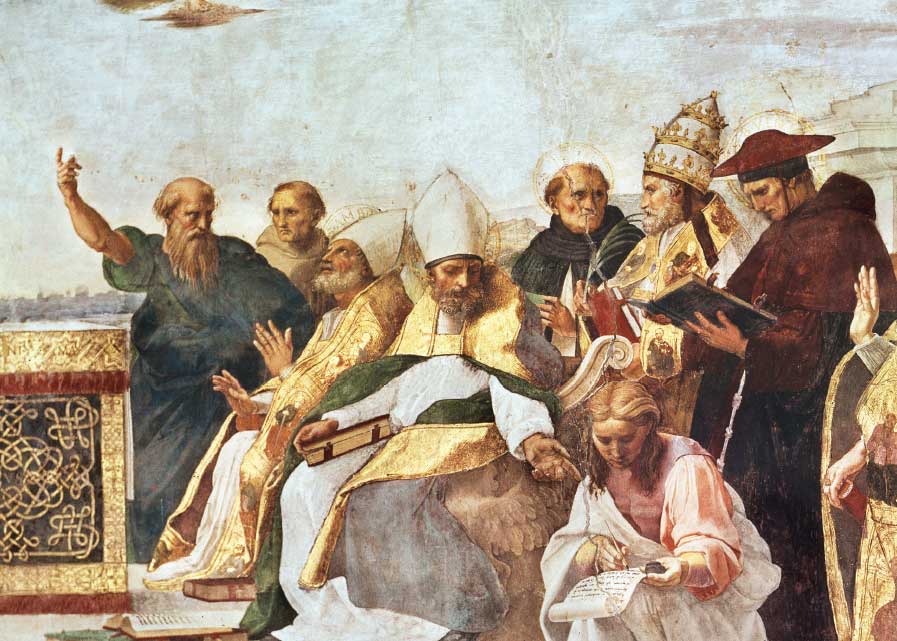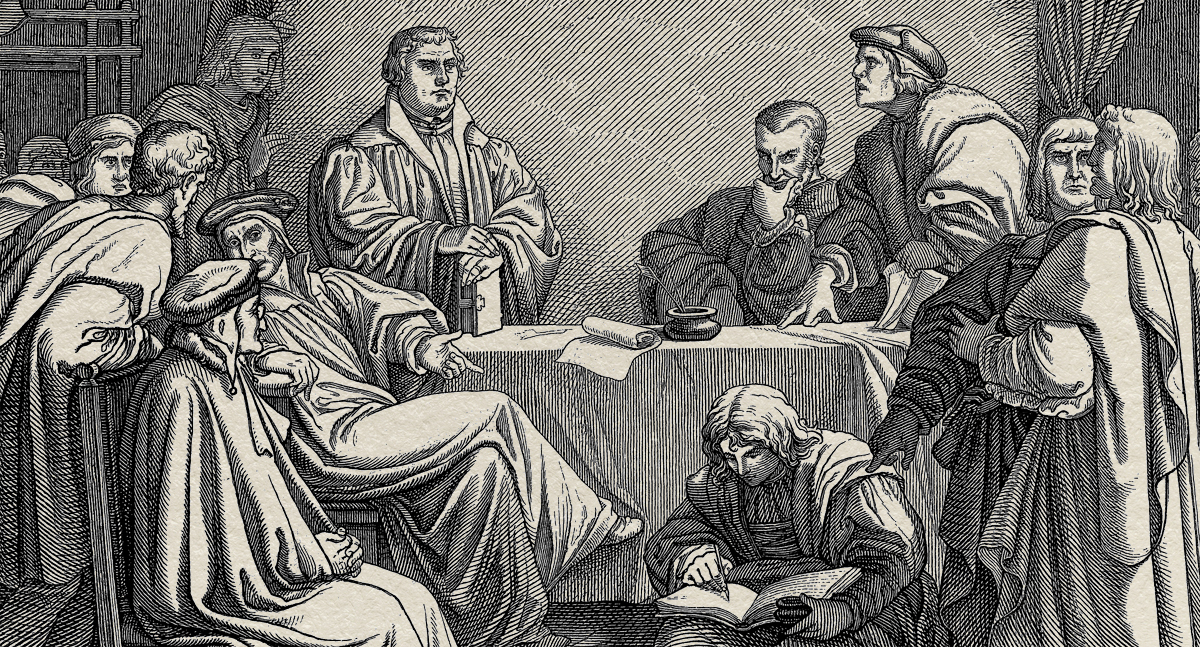Quodlibet
Ivy League Advice Worth Repeating
Robert P. George spearheaded an effort to send the following message to incoming college freshmen on August 29, 2017, which was signed by a number of professors from Ivy League schools. In case you think all is lost, read on.
Some Thoughts & Advice for Our Students & All Students
We are scholars and teachers at Princeton, Harvard, and Yale who have some thoughts to share and advice to offer students who are headed off to colleges around the country. Our advice can be distilled to three words: Think for yourself.
Now, that might sound easy. But you will find—as you may have discovered already in high school—that thinking for yourself can be a challenge. It always demands self-discipline and these days can require courage.
In today's climate, it's all-too-easy to allow your views and outlook to be shaped by dominant opinion on your campus or in the broader academic culture. The danger any student—or faculty member—faces today is falling into the vice of conformism, yielding to groupthink.
At many colleges and universities what John Stuart Mill called "the tyranny of public opinion" does more than merely discourage students from dissenting from prevailing views on moral, political, and other types of questions. It leads them to suppose that dominant views are so obviously correct that only a bigot or a crank could question them.
Since no one wants to be, or be thought of as, a bigot or a crank, the easy, lazy way to proceed is simply by falling into line with campus orthodoxies.
Don't do that. Think for yourself.
Thinking for yourself means questioning dominant ideas even when others insist on their being treated as unquestionable. It means deciding what one believes not by conforming to fashionable opinions, but by taking the trouble to learn and honestly consider the strongest arguments to be advanced on both or all sides of questions—including arguments for positions that others revile and want to stigmatize and against positions others seek to immunize from critical scrutiny.
The love of truth and the desire to attain it should motivate you to think for yourself. The central point of a college education is to seek truth and to learn the skills and acquire the virtues necessary to be a lifelong truth-seeker. Open-mindedness, critical thinking, and debate are essential to discovering the truth. Moreover, they are our best antidotes to bigotry.
Merriam-Webster's first definition of the word "bigot" is: a person "who is obstinately or intolerantly devoted to his or her own opinions and prejudices." The only people who need fear open-minded inquiry and robust debate are the actual bigots, including those on campuses or in the broader society who seek to protect the hegemony of their opinions by claiming that to question those opinions is itself bigotry.
Robert P. George is McCormick Professor of Jurisprudence and Director of the James Madison Program in American Ideals and Institutions at Princeton University (web.princeton.edu/sites/jmadison). His books include In Defense of Natural Law (Oxford University Press) and Conscience and Its Enemies (ISI Books). He has served as chairman of the U.S. Commission on International Religious Freedom. He is a senior editor of Touchstone.
subscription options
Order
Print/Online Subscription

Get six issues (one year) of Touchstone PLUS full online access including pdf downloads for only $39.95. That's only $3.34 per month!
Order
Online Only
Subscription

Get a one-year full-access subscription to the Touchstone online archives for only $19.95. That's only $1.66 per month!
bulk subscriptions
Order Touchstone subscriptions in bulk and save $10 per sub! Each subscription includes 6 issues of Touchstone plus full online access to touchstonemag.com—including archives, videos, and pdf downloads of recent issues for only $29.95 each! Great for churches or study groups.
Transactions will be processed on a secure server.
more on education from the online archives
more from the online archives
calling all readers
Please Donate
"There are magazines worth reading but few worth saving . . . Touchstone is just such a magazine."
—Alice von Hildebrand
"Here we do not concede one square millimeter of territory to falsehood, folly, contemporary sentimentality, or fashion. We speak the truth, and let God be our judge. . . . Touchstone is the one committedly Christian conservative journal."
—Anthony Esolen, Touchstone senior editor












